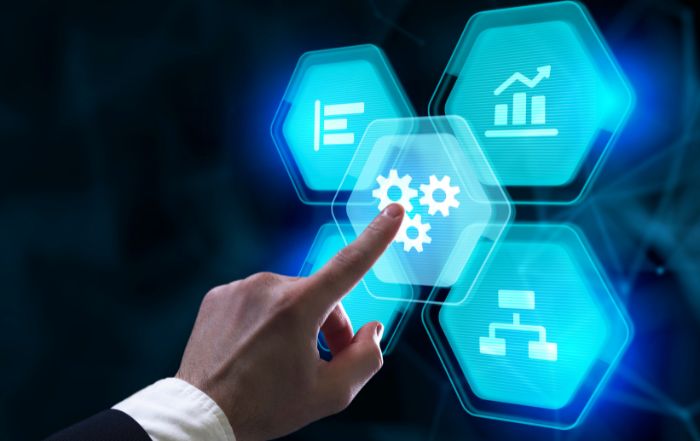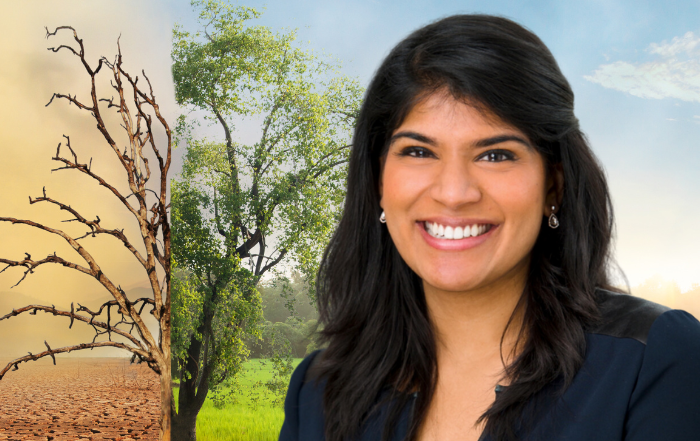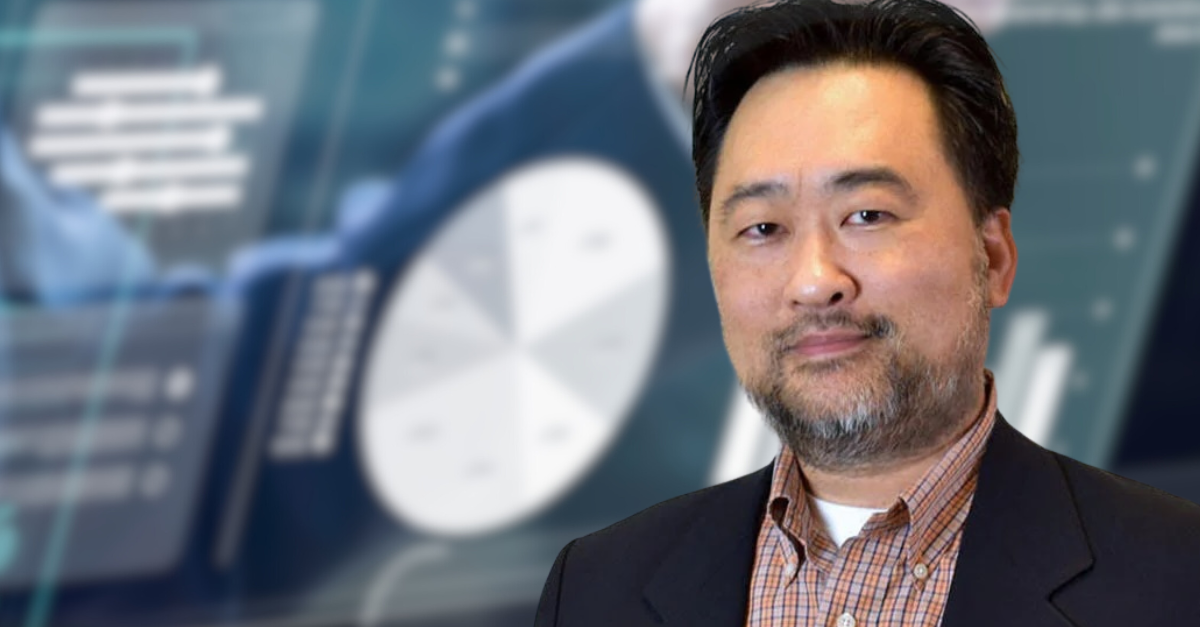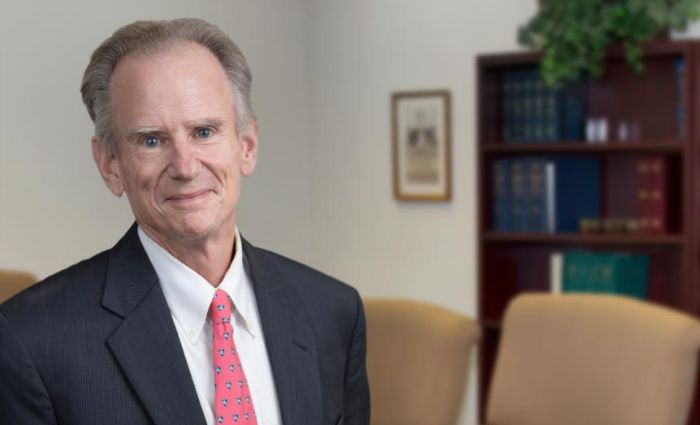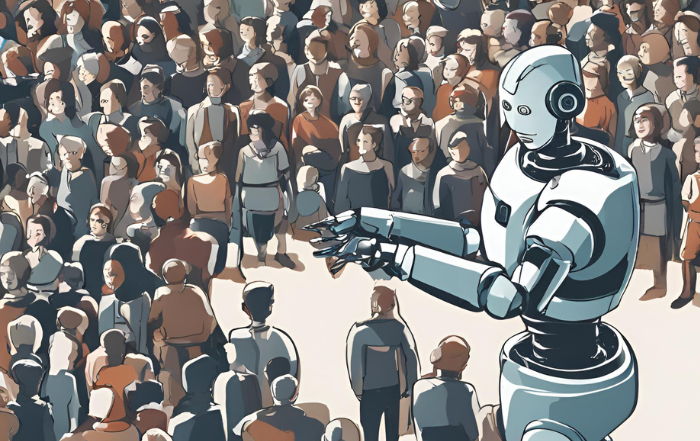Litigation After Biometric Privacy Law Violations
In this CLE webinar, Anderson Kill attorneys, Cort Malone and John Leonard discuss the state of biometric privacy litigation, the regulatory landscape, and insurance coverage considerations and rulings.



